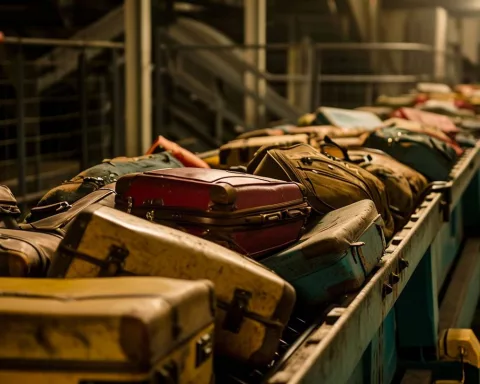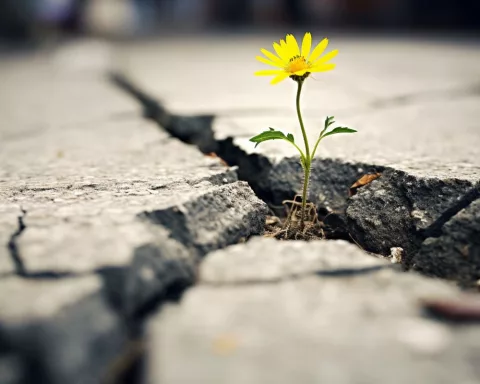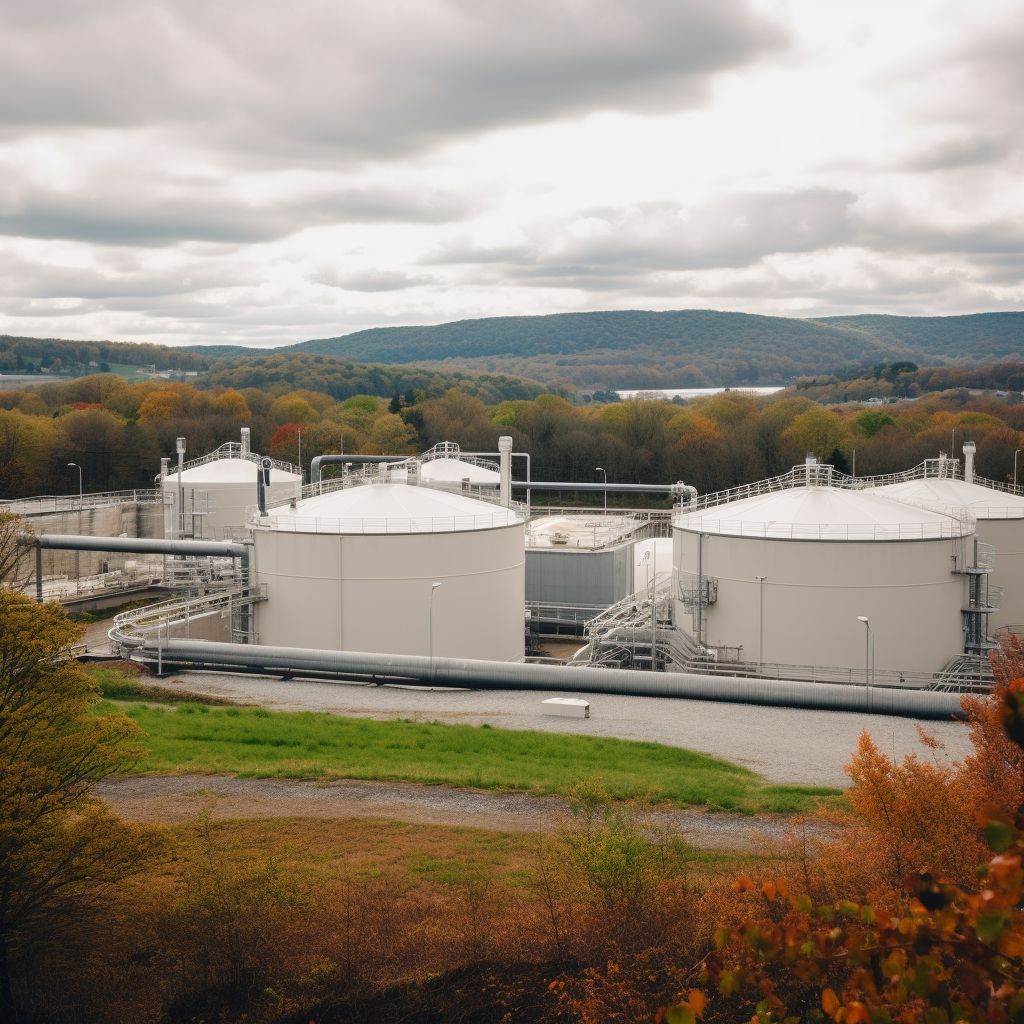At the Second Employment Working Group (EWG) Meeting of BRICS member-states in Port Alfred, Eastern Cape, the Compensation Fund made a plea to employers to support the reintegration of injured workers into the workplace. This urgent request was made by Nthabiseng Magonono, the Director responsible for the Vocational Rehabilitation Programme at the Compensation Fund, from the perspective of the Department of Employment and Labour.
Exploring Alternatives to Reintegrate Injured Workers
Magonono emphasized the importance of exploring all available alternatives to reintegrate injured workers into the workplace after their recovery. Employers should seek placement opportunities and options for income-generation initiatives. These initiatives should include resolving and upskilling as well as providing business development support. Magonono also suggested that employers should review their employee wellness policies and adopt a more human-centric approach while implementing the Return-to-Work policy.
Return-to-Work Programs
The Return-to-Work programs, introduced in 2018, were designed to support injured workers and facilitate their return to the workplace. Magonono highlighted the adverse effects of workers’ loss of income on their families, emphasizing that it could lead to financial struggles for children’s education. Injured workers face numerous challenges that impact their overall functioning, often resulting in a continuous cycle of poverty. Magonono elaborated on the psychological consequences, stating that these individuals may experience reduced self-control and efficacy, as well as issues such as anger outbursts. The situation is further exacerbated by reduced income coupled with inflation.
Holistic Return-to-Work Program
Magonono proposed a holistic Return-to-Work program that encompasses clinical, vocational, and psycho-social care. She emphasized the importance of involving families in the program as well. This call to employers is further strengthened by the recently amended COID Act. The Department of Employment and Labour, through the Compensation Fund, urges employers to take a proactive role in facilitating the reintegration of injured workers into the workplace, promoting their well-being and ensuring their financial stability.
Public-Private Partnerships
To create a more comprehensive support system for injured workers, Magonono recommended the development of public-private partnerships between government agencies, employers, and non-profit organizations. These collaborations could generate a variety of resources, such as vocational training and financial assistance, that would ease the burden on injured workers and their families.
Raising Awareness and Flexible Policies
Magonono also emphasized the importance of raising awareness about the challenges faced by injured workers and their families. Public campaigns and employer education programs can help dispel misconceptions about the abilities of injured employees, and they can foster a more inclusive and supportive work environment. Employers should create return-to-work policies that are flexible and adaptable to the unique needs of injured workers. By providing access to accommodations, assistive technology, and modified work schedules, companies can demonstrate their commitment to the well-being of all employees.
The successful reintegration of injured workers into the workplace relies on the collective efforts of employers, government agencies, and non-profit organizations. By embracing a holistic approach that addresses the diverse challenges faced by injured employees, stakeholders can support the physical, emotional, and financial well-being of these individuals and their families. Together, we can create a more inclusive and supportive work environment for all employees, regardless of their circumstances.












